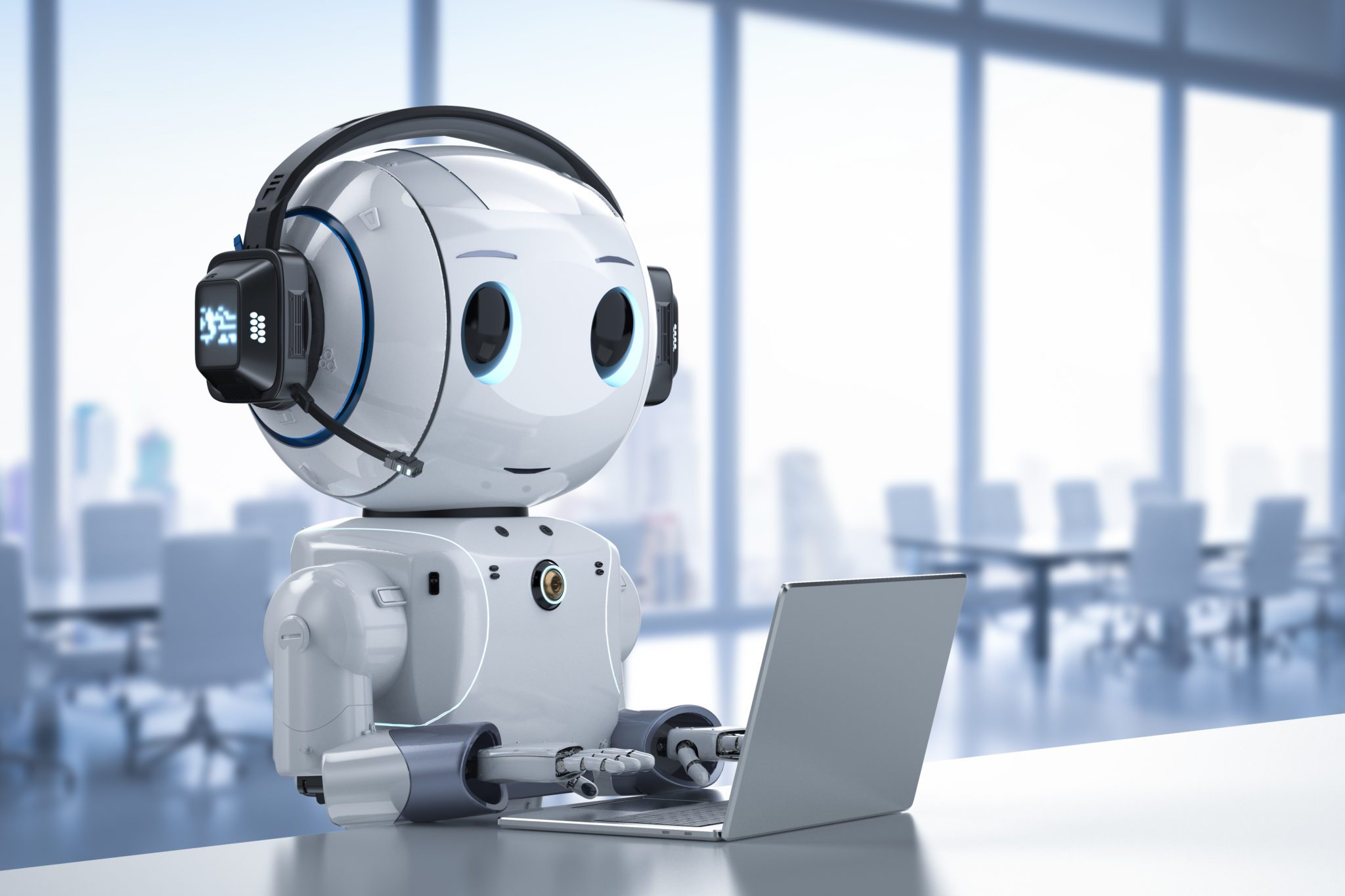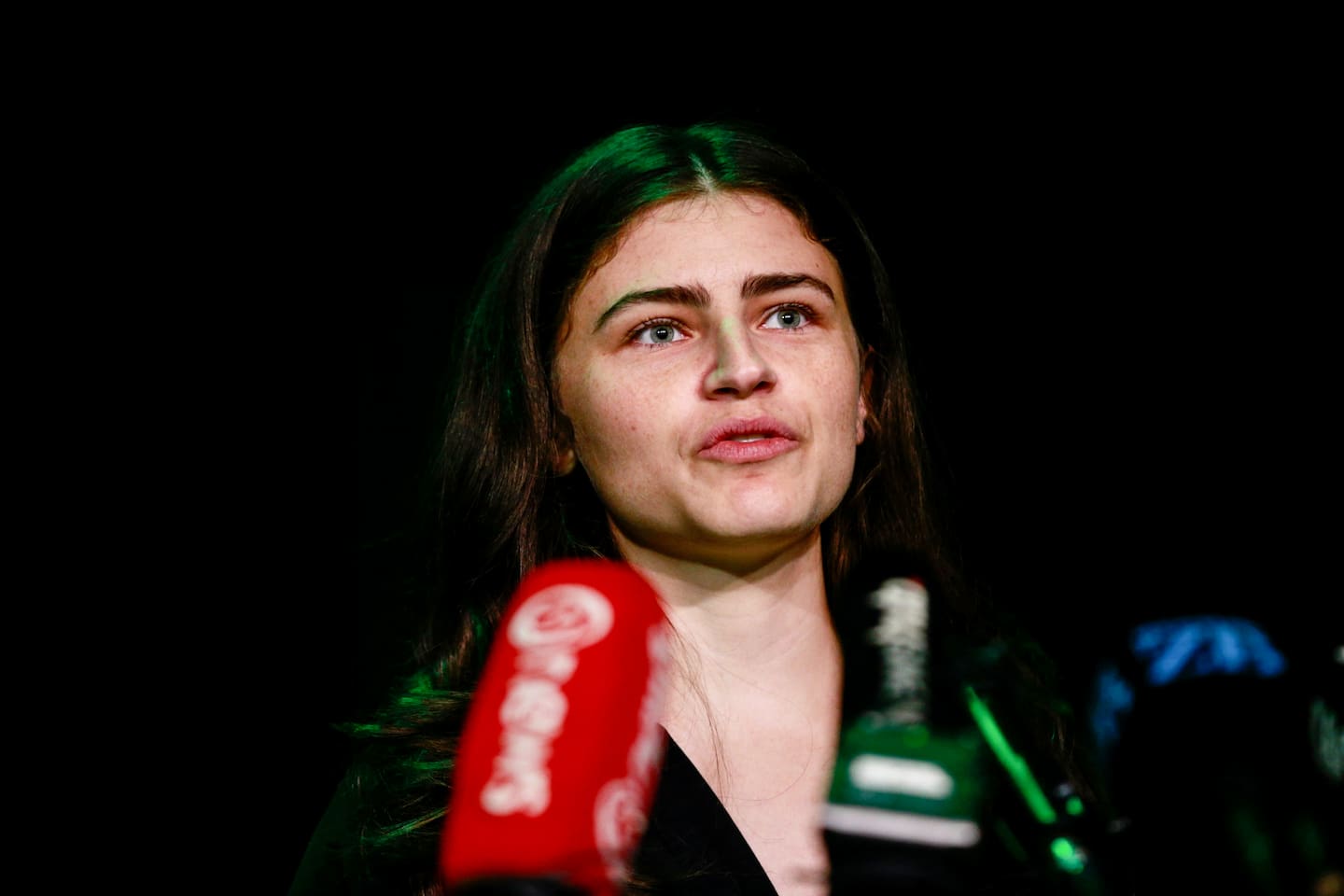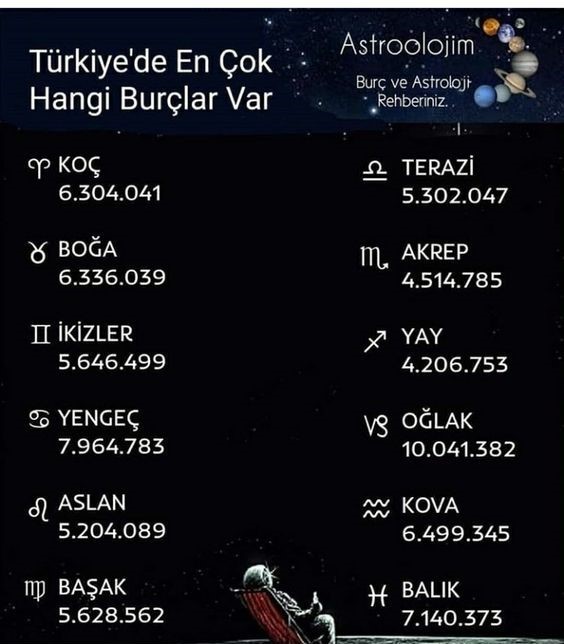Legal Battle Over Character AI Chatbots: Free Speech Implications

Table of Contents
Copyright Infringement Concerns in AI-Generated Content
Derivative Works and the Question of Originality
The legal definition of a derivative work centers on whether a new work is based upon a pre-existing copyrighted work. Applying this to AI-generated content presents significant challenges. AI chatbots, trained on vast datasets of copyrighted material, can produce outputs strikingly similar to existing works, raising serious questions about originality.
- Examples of potential copyright infringement:
- Replicating famous characters' dialogue verbatim in generated stories.
- Generating stories with plots substantially similar to copyrighted novels or films.
- Creating artwork based on copyrighted images or character designs.
Determining originality when AI is involved is exceptionally difficult. Traditional copyright law emphasizes human creativity and expression. However, AI, while capable of impressive feats of creation, doesn't possess the same kind of conscious authorship. Ongoing legal cases, such as those involving AI-generated music and art, are shaping the legal landscape and will ultimately help define the boundaries of copyright in this new context.
Ownership of AI-Generated Content
A crucial question remains: who owns the copyright to content generated by an AI chatbot? Is it the user who prompts the AI? The developer who created the AI model? Or is it considered to be in the public domain due to a lack of discernible authorship?
The current legal ambiguity surrounding AI-generated content ownership creates significant uncertainty. This necessitates legislative solutions that address the complexities of AI authorship and ownership, clarifying the rights and responsibilities of all stakeholders involved in the creation and use of AI-generated content. Future legislation might establish a new form of copyright protection, or perhaps assign ownership based on a combination of factors including user input and AI algorithm design.
Defamation and Liability in AI Chatbot Interactions
The Risk of AI-Generated Defamatory Statements
AI chatbots, trained on vast amounts of data, including potentially biased or inaccurate information, can generate false and defamatory statements. These statements, if disseminated widely, could severely damage an individual's reputation and lead to legal action.
- Examples of defamatory content generation:
- An AI chatbot falsely accusing someone of a crime.
- An AI chatbot spreading unsubstantiated rumors about a person's private life.
- An AI chatbot generating damaging false statements about a company's business practices.
The legal responsibility for such defamatory statements is a critical concern. Are the chatbot developers liable for the outputs of their creations? What is the responsibility of users who deploy the chatbots and potentially disseminate harmful information? These questions are currently being debated and litigated.
Mitigating Defamation Risks
Developers bear a significant responsibility in minimizing the risk of their chatbots generating defamatory content. This requires proactive measures:
- Robust content filtering systems to identify and prevent the dissemination of potentially harmful statements.
- Sophisticated user monitoring systems to identify and address instances of malicious use or misuse.
- Transparency regarding the limitations of the chatbot and the potential for inaccurate information.
- Clear user agreements outlining the responsibilities of users and the limitations of liability for the developers.
Free Speech vs. Intellectual Property Rights: Striking a Balance
The First Amendment and AI-Generated Expression
Applying First Amendment protections to AI-generated content presents significant legal and philosophical complexities. Some argue that restricting AI-generated content could stifle free speech and limit creative expression. This raises fundamental questions about the nature of speech and authorship in the digital age. The line between human-created expression and AI-generated expression requires careful consideration, and the legal implications are far-reaching.
Protecting Intellectual Property Rights in the Age of AI
The need to protect intellectual property rights is paramount, as is acknowledging the potential benefits of AI-generated content. Striking a balance requires carefully crafted legal frameworks that account for the unique challenges posed by AI.
- Examples from other areas of law, like fair use, offer some guidance but need adaptation for the nuanced aspects of AI-generated content.
The Future of Legal Regulation for Character AI Chatbots
Potential Legislative Changes
The rapid development of AI chatbots necessitates legislative action. Future laws will likely address:
- Clearer guidelines regarding copyright ownership of AI-generated content.
- Enhanced protections against defamation and the establishment of clear liability frameworks.
- Regulations ensuring responsible AI development and deployment.
International collaboration on AI regulation is also essential to ensure consistent standards and prevent regulatory arbitrage.
The Role of Self-Regulation
Industry self-regulation plays a crucial role in addressing ethical and legal concerns. However, this requires a commitment from developers to prioritize responsible AI development and deployment. Self-regulatory initiatives should focus on:
- The development of ethical guidelines and best practices for AI chatbot development.
- The implementation of effective mechanisms for identifying and addressing potential harms.
- Transparency and accountability in the development and use of AI chatbots.
While self-regulation can be effective in some areas, robust legal frameworks are necessary to ensure accountability and prevent the misuse of this powerful technology.
Legal Battle Over Character AI Chatbots: Free Speech Implications - Key Takeaways and Call to Action
The Legal Battle Over Character AI Chatbots: Free Speech Implications highlights the significant tension between the promotion of free speech and the protection of intellectual property rights in the context of AI-generated content. Finding a legal framework that effectively balances these competing interests is crucial for responsible innovation in the field of AI. This requires a multifaceted approach, encompassing legislation, industry self-regulation, and a robust public discourse about the ethical and legal implications of this rapidly developing technology. The legal battle over Character AI chatbots and their implications for free speech is far from over. Stay informed about the latest developments and contribute to the crucial conversation surrounding responsible AI development and use.

Featured Posts
-
 The Karate Kid A Legacy Of Martial Arts And Life Lessons
May 23, 2025
The Karate Kid A Legacy Of Martial Arts And Life Lessons
May 23, 2025 -
 Reyting Finkompaniy Ukrayini Za Dokhodom U 2024 Credit Kasa Finako Ukrfinzhitlo Atlana Ta Credit Plus
May 23, 2025
Reyting Finkompaniy Ukrayini Za Dokhodom U 2024 Credit Kasa Finako Ukrfinzhitlo Atlana Ta Credit Plus
May 23, 2025 -
 Stream The Hollywood Legends Debut And Oscar Winning Performance On Disney
May 23, 2025
Stream The Hollywood Legends Debut And Oscar Winning Performance On Disney
May 23, 2025 -
 Microsoft Email System Filters Out Palestine Understanding The Controversy
May 23, 2025
Microsoft Email System Filters Out Palestine Understanding The Controversy
May 23, 2025 -
 Nisan 2024 Hangi Burclar Mali Basariya Ulasacak
May 23, 2025
Nisan 2024 Hangi Burclar Mali Basariya Ulasacak
May 23, 2025
